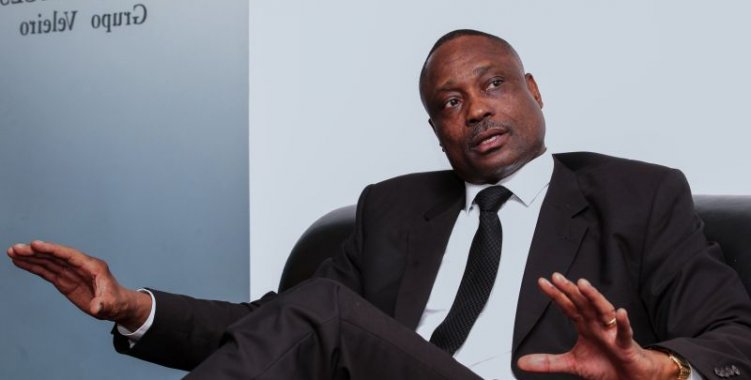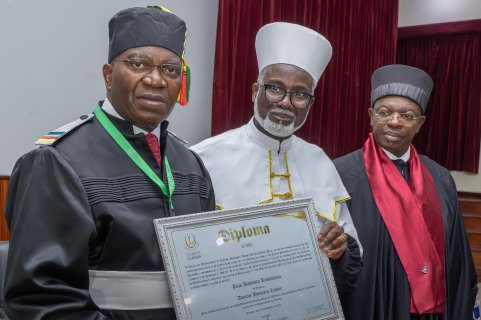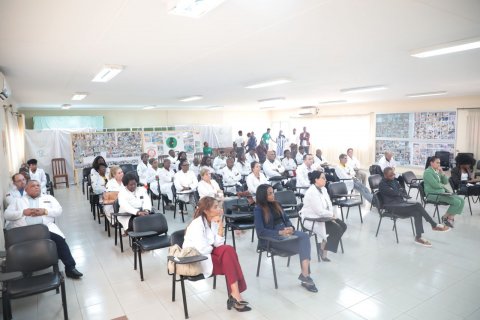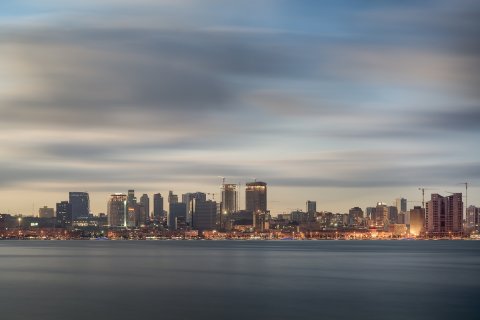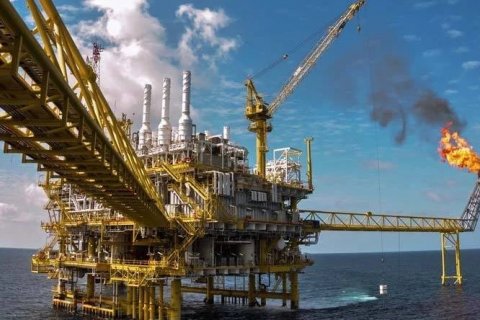For the Angolan, who values the rise in oil prices on the international market and appoints the Organization of Petroleum Exporting Countries (OPEC) as the "great strategist" in the situation, Angola will have a surplus, due to the differential in the initial price stipulated in the General Budget of the State (OGE) 2021.
However, this advantage is expected to have reduced effects due to the decline in production. "We are reminded that the 2021 State Budget was prepared with an oil reference below 40 dollars and, if today we are selling at around 80 dollars, there will be a surplus here in relation to the initial price, but this surplus may be reduced and affected by the decline in production," said the businessman to Lusa.
In other words, "there will be advantages with the surplus, but this advantage will not be optimized due to the current decline in production in the country, which is due to the lack of investments in the sector since 2014 to date", he noted.
The global energy crisis, with visible effects in several European countries and beyond, contributes to the increase in the demand for oil and the consequent rise in the price of the product on the international market.
The businessman, with four decades of experience in the oil sector, also understands that any oil-producing country "is currently at an advantage", because it manages to sell more, which contributes to the "relief of economies taking into account the effects of covid- 19".
"Let's say that, for all oil-producing countries, there are advantages, because the price goes up and those who sell will sell more expensively, will have a large profit margin", he pointed out, warning, however, of the "domino effect of current scenario".
"Consuming countries, naturally, will have more difficulties and, at a stage in which the world economy struggles exactly with the effects of covid-19, in a stage of slow recovery, naturally as a result they may make the final products more expensive," he stressed.
Among the issues that also contribute to the rise in oil prices, according to the businessman, are the production cuts stipulated in 2020 by OPEC, which he describes as the "backbone" for this increase.
The fundamental reason for the rise in prices, he argued, "is exactly the strategy developed by OPEC, that is the backbone, the main reason for all this phenomenon that is happening now".
"OPEC, as you know, has taken the decision since 2020 to make cuts in production, but they are stabilized cuts at the member level and, with that, they were able to reduce excess oil in the market. What happens is that with the covid-19 effect, many factories and companies were closed due to the measures that the pandemic imposed", he referred.
With the resumption of activity at these factories "simultaneously, at the level of all latitudes in the world, energy consumption increased and, naturally, those countries that are dependent on fossil fuels had to resort to the market", explained.
"We are all familiar with this binomial of demand and supply, if demand increases with a low supply, there is an unbridled rise in prices", maintained the businessman.
The president of the American Chamber of Commerce in Angola (Amcham-Angola), on the other hand, pointed out, on the other hand, the forecast of a severe winter as one of the reasons for the current scenario.
"Because there is an increase in energy consumption, therefore having this forecast of the need to consume more energy, countries naturally start to create their "stocks" in order to face what lies ahead and without an increase in supply prices go up and that's exactly one explanation for this phenomenon," he explained.
Pedro Domingos Godinho also spoke of OPEC's "reluctance" to the appeal of the US President, Joe Biden, launched on August 11, about the need to increase the production and supply of oil, "which was ignored".
This situation, "until now, continues to be ignored and this impact of OPEC's position is naturally shaking the market. That is why I have always said that OPEC is a cartel that acts against the elementary laws of the market economy" , pointed.
"Because what [OPEC members] do is manipulate prices, reducing the offer of this 'commodity', so that there is then this agitation in the market and be able to contribute to the increase in prices in the international market," concluded the Angolan businessman.
Angola is the second largest oil producer in sub-Saharan Africa, has this product the largest source of income for the country, and currently chairs the conference of OPEC ministers.
Pedro Domingos Godinho: decline in oil production reduces impact of rising prices
Petroleum business entrepreneur, Pedro Domingos Godinho, considered that the rise in oil prices, derived from the global energy crisis, “should not be optimized in Angola”, due to the decline in production due to lack of investment since 2014.
